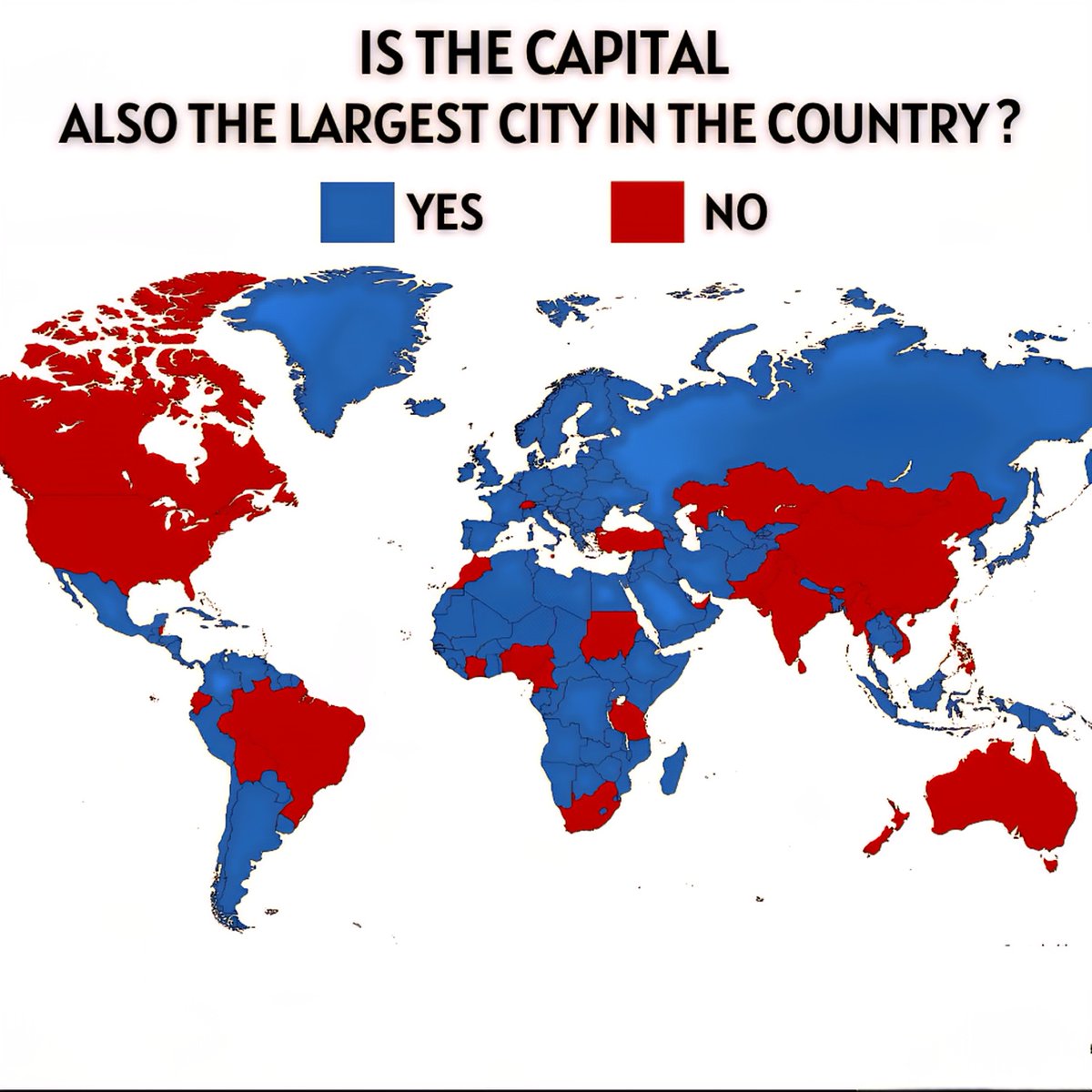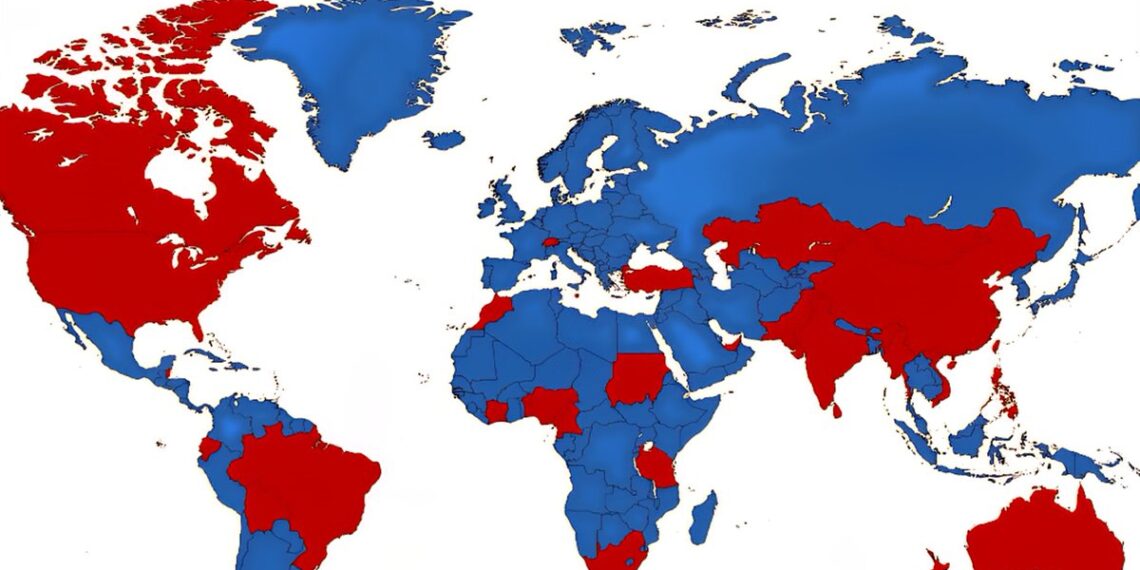Select Language:
Top Global Cities and Their Capitals You Need to Know in 2025

1. New York City, USA – The City That Never Sleeps and Its Capital, Washington D.C.
New York City, often dubbed the “Big Apple,” is undeniably one of the most influential cities globally, serving as a hub for finance, culture, and innovation. Despite its fame, it’s important to remember that Washington D.C. remains the political heart of the United States, housing the nation’s government institutions, including the White House and Congress. In 2025, New York continues to be an economic powerhouse, with its skyline expanding and cultural scene thriving. Meanwhile, the capital remains a crucial political center, playing a pivotal role in American governance and international diplomacy.
2. Tokyo, Japan – The World’s Largest Metropolis and Its Capital
Tokyo, Japan’s sprawling capital, has maintained its status as the most populous metropolitan area globally. Known for its technological innovations, historic temples, and vibrant neighborhoods like Shibuya and Ginza, Tokyo celebrates its blend of modernity and tradition. The city is also a core decision-maker in Asia’s economic landscape, with many multinational corporations headquartered there. Japan’s capital continues to innovate in transportation and environmental technologies, making Tokyo an example of urban sustainability in 2025.
3. Mexico City, Mexico – Latin America’s Largest Urban Area and Its Political Hub
Mexico City stands out as the most populous city in Latin America, offering a colorful mix of history, gastronomy, and bustling urban life. As its political and cultural capital, the city plays a crucial role in shaping regional policies and international relations. In 2025, Mexico City is working toward sustainable growth initiatives, tackling pollution, and expanding green spaces. Its rich rapid development reflects Latin America’s growing influence on the world stage.
4. Shanghai, China – The Emerging Global Power and Its Capital
While Beijing remains China’s political center, Shanghai, often called the “Pearl of the Orient,” rivals it economically and culturally. Known for its futuristic skyline featuring the Oriental Pearl Tower and the financial hub Lujiazui, Shanghai continues to grow as a powerhouse of commerce and innovation. In 2025, Shanghai has made significant progress in smart city initiatives, digital infrastructure, and international trade, cementing its position as an essential global metropolis.
5. São Paulo, Brazil – South America’s Largest City and Its Economic Heart
São Paulo stands as Latin America’s most significant financial center and the city with the highest population in Brazil. The city’s diverse culture, pulsating nightlife, and extensive business districts make it a vital economic hub. Despite challenges like climate issues and infrastructure development, São Paulo remains resilient and innovative. Its influence extends across South America, making it a key player in regional politics and economy into 2025.
6. Cairo, Egypt – Africa’s Largest City and Its Cultural Center
Cairo, with its UNESCO World Heritage sites including the ancient pyramids of Giza, continues to be Africa’s largest city and a major cultural and political hub. In 2025, Cairo faces challenges like overpopulation and urban expansion but remains central to Africa’s political and economic landscape. The city’s vibrant markets, historic mosques, and universities keep Cairo at the heart of African civilization’s modern renaissance.
7. Mumbai, India – The Financial Capital of India and Its Largest City
Mumbai stands as the epicenter of India’s finance, Bollywood, and commerce industries. The city’s impressive skyline, including the iconic Gateway of India, symbolizes its economic growth. As India’s largest metropolis in 2025, Mumbai is crucial in the country’s urban development plans. It continues to attract talent, investment, and innovation, positioning itself as a global city with enormous influence.
8. Istanbul, Turkey – The Crossroads of Europe and Asia
Straddling two continents, Istanbul boasts a unique cultural fusion of European and Asian influences. Its historic sites like Hagia Sophia and the Bosphorus Strait symbolize centuries of strategic importance. By 2025, Istanbul is evolving into a major hub for tourism, finance, and diplomacy while facing urban challenges like congestion. Its strategic position continues to give Turkey significant geopolitical leverage.
9. Lagos, Nigeria – Africa’s Economic Powerhouse
Lagos has rapidly grown into Nigeria’s commercial capital, renowned for its burgeoning tech scene and vibrant entertainment industry. With its massive population boom, Lagos is becoming an African hub for innovation and investment. In 2025, city planners are focused on infrastructure development, electrification, and sustainable urban growth to match its rising status.
10. Sydney, Australia – The Gateway to Oceania and Its Political Center
Sydney remains Australia’s most populous and economically significant city, known for its iconic Opera House and harbour views. The city plays an integral role in regional politics and business. In 2025, Sydney is advancing clean energy projects, smart city technologies, and hosting international events that lift its global profile. Its leadership in sustainability and innovation keeps it at the forefront of Oceania’s urban centers.
The landscape of global cities in 2025 reflects a combination of tradition and innovation. These urban centers and their capitals continue to shape economic policies, cultural trends, and international diplomacy worldwide. Their growth underscores the importance of urban resilience and sustainable development to meet future challenges.






